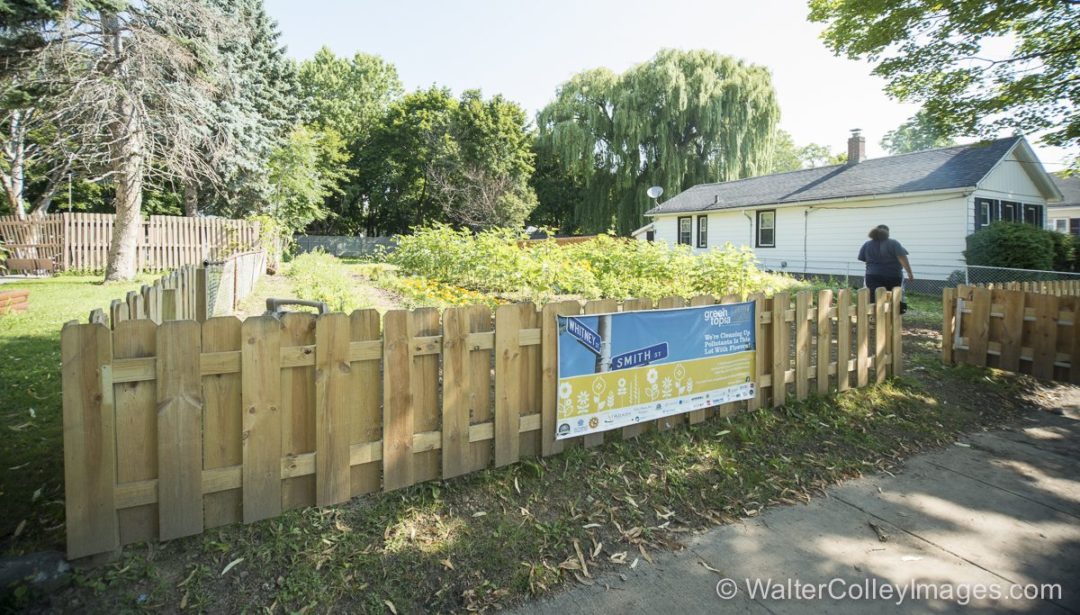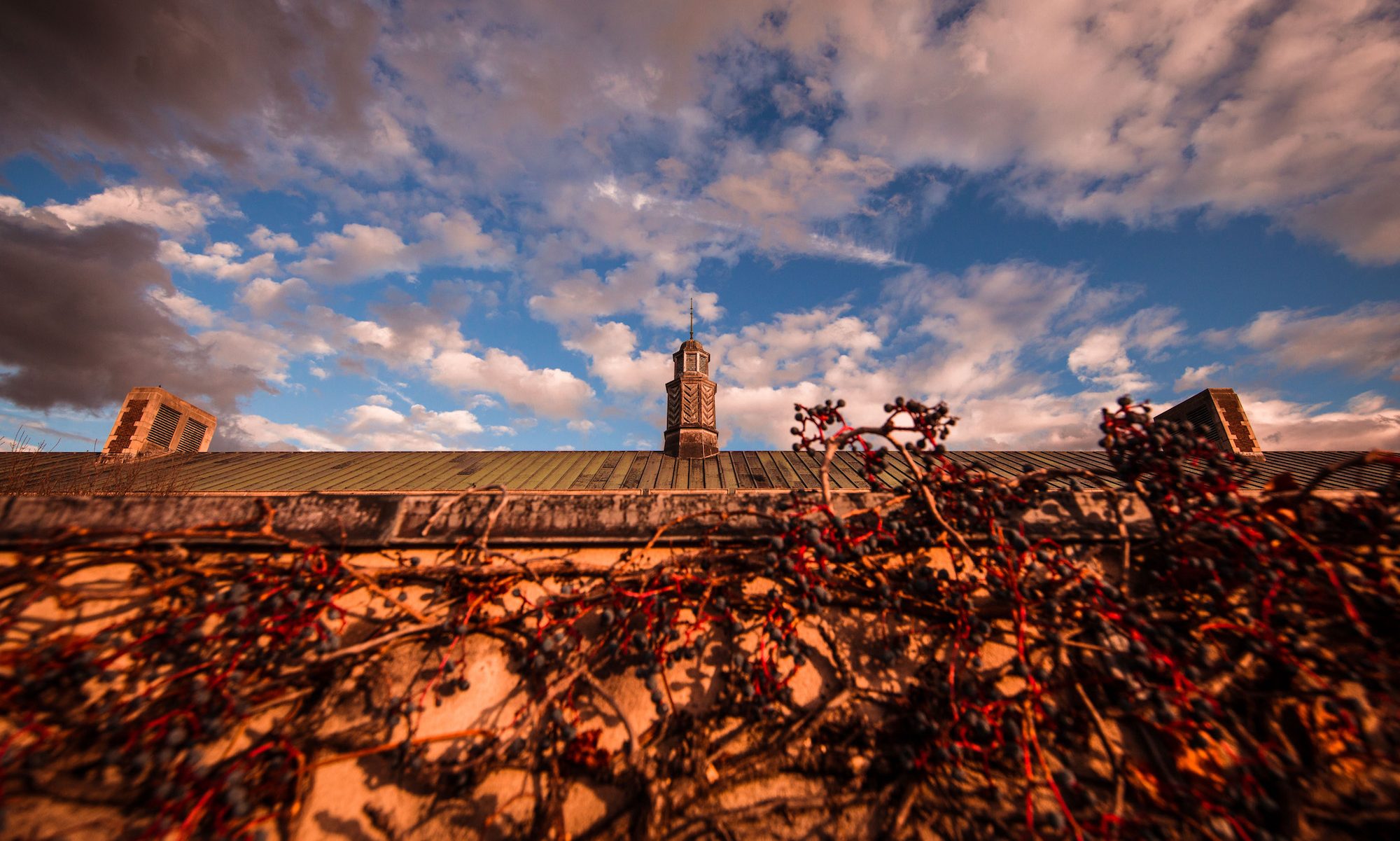Food and capitalism. It’s not something we consider every time we shop at the grocery store. Nor do we consider the farm in which each item we place in our cart came from. But now more than ever, the connection between food and capitalism is evident as the coronavirus threatens workers, strains our food system, and keeps food off the shelves.
America’s food
Sure, Wegmans occasionally labels the produce with the local farm they got it from, for instance, apples are frequently from farms in New York, but that is just a handful of items. Michael Pollan writes something similar in the introduction of The Omnivore’s Dilemma: A Natural History of Four Meals. His purpose for writing was to answer the simple question “What should we have for dinner?” In doing so he decides “to follow the food chains that sustain us, all the way from the earth to the plate.” (6)

In the era of COVID-19, we are even less likely to ask ourselves how our food got to our stores. Rather, we are asking questions of ‘What will we find when we get to the store?’ or ‘Will they have my usual bag/box/package/etc. of [insert food here]?’ or, even more so, ‘Am I safe going to the supermarket at all?’ Uncertainty does not allow us to ask questions that surpass our basic needs. However, it’s important to understand why we are missing certain items- aside from the hoarding that stemmed from the initial panic when lockdown began.
Across the country, people are out of work; this applies to those who supply us with food. As the New York Times article, “U.S. Food Supply Chain Is Strained as Virus Spreads,” notes “increasing numbers of workers are falling ill with the coronavirus in meat processing plants, warehouses, and grocery stores.” This means Americans are going to have to deal with a newfound lack of availability, which the article’s authors, Michael Corkery and David Yaffe-Bellany, argue will be “more of an inconvenience than a major problem.”
Diverse Markets Are Lacking
Our lack of diversity within the markets is brought on by capitalism. A diverse market, in terms of food supply, would allow farmers to produce a wider variety of products, rather than large cash crops demanded by our capitalist markets. Pollan reminds readers that in the early 1900s farming looked a lot different than it does today; “the typical Iowa farm was home to whole families of different plant and animal species.” (38) Where did these species go and why? Our economy asked for more. And more. And more. So much that “a mere 2 percent of the state’s [Iowa] land remains what it used to be, (38) and the other 98% is corn with some houses sprinkled into the mix.

This monoculture stems from purely human design. It threatens farmers in more ways than one. Returning to the New York Times article, Corkery and Yaffe-Bellany explain how “Smithfield Foods became the latest company to announce a shutdown… The plant produces more than 5 percent of the nation’s pork.” Our reliance on plants such as Smithfield’s in Sioux Falls, South Dakota means that our food chain is not set up for crises that require social distancing, in ways that more traditional farming methods could avoid. In plants “employees often work shoulder to shoulder,” whereas more traditional farming methods are naturally more spread out, even at larger scale industrial practices.
Capitalism’s Role in Our Food Systems
Even more critical than our reliance on man-made and capitalist inspired food processing plants, is our capitalist-driven monocultures. As mentioned earlier, the historic decrease in diversity in farming that the United States experienced in the past century has created problems that will only be emphasized during the coronavirus pandemic. Farming families in the early 1900s could “withstand a collapse in the market” for any one of the crops they grew (38). Yet in today’s monoculture-focused farming, a collapse in the market leads to immense financial strain on farmers: those who feed the entire nation. As a result, farmers become reliant on the government. An article by Reuters, Trump Says He Is Speeding Help to Farmers Hurt by Coronavirus Dislocation, cites the American Farm Bureau Federation in that “farmers need immediate help,” especially “dairy and cotton producers, livestock farmers and cattle ranchers… certain sectors have been particularly hard-hit, including dairy farmers and specialty crop producers.” The dairy industry has historically always struggled, but much of that is due to an extreme reliance on government aid. We are now seeing an increase in farmer’s reliance on the government, much of which is for specific producers. Again, this ties into the capitalist need for monocultures. Farmers, instead of diversifying their crops as insurance against market swings, choose the crop that will make them the most money. Coronavirus has changed the markets, therefore threatening farmers’ livelihoods.
***
In quarantine, we are limited in our abilities to pick and choose the food we purchase. However, the strain it has put on our food supply illuminates some of the structural imbalances capitalism pushes on farmers. Quarantine highlights many aspects of American institutions that are unstable. It urges us to address these systemic problems once we have the freedom to do so. At the end of quarantine, our world will look different, but that is not necessarily a bad thing. Rather, we may take the opportunity to shift towards more sustainable practices, such as making informed decisions about the foods we purchase, which will make coping with the next pandemic much more manageable. Consider choosing local food suppliers when purchasing your food. Research the ways your food is produced so you can aid in the creation of stronger markets, even when if they are hit by a crisis.


https://greentopia.org/project/community-collaborations/
